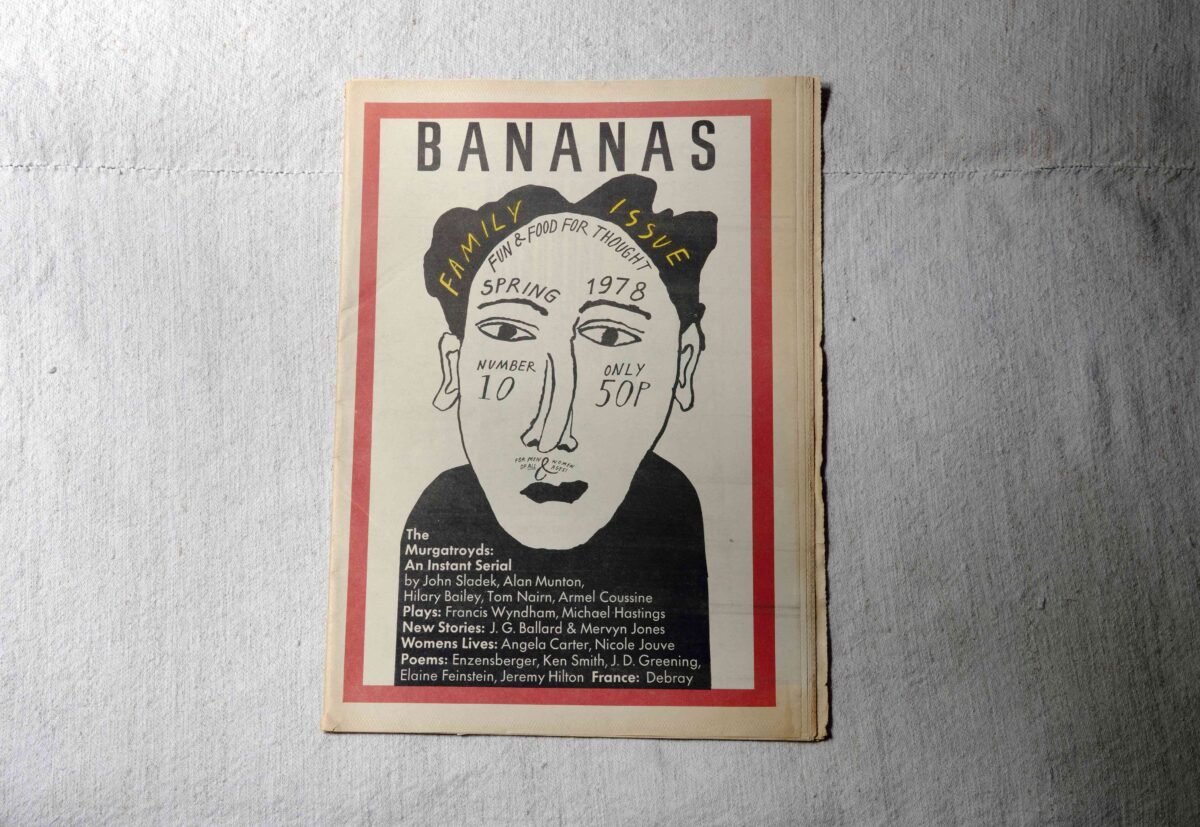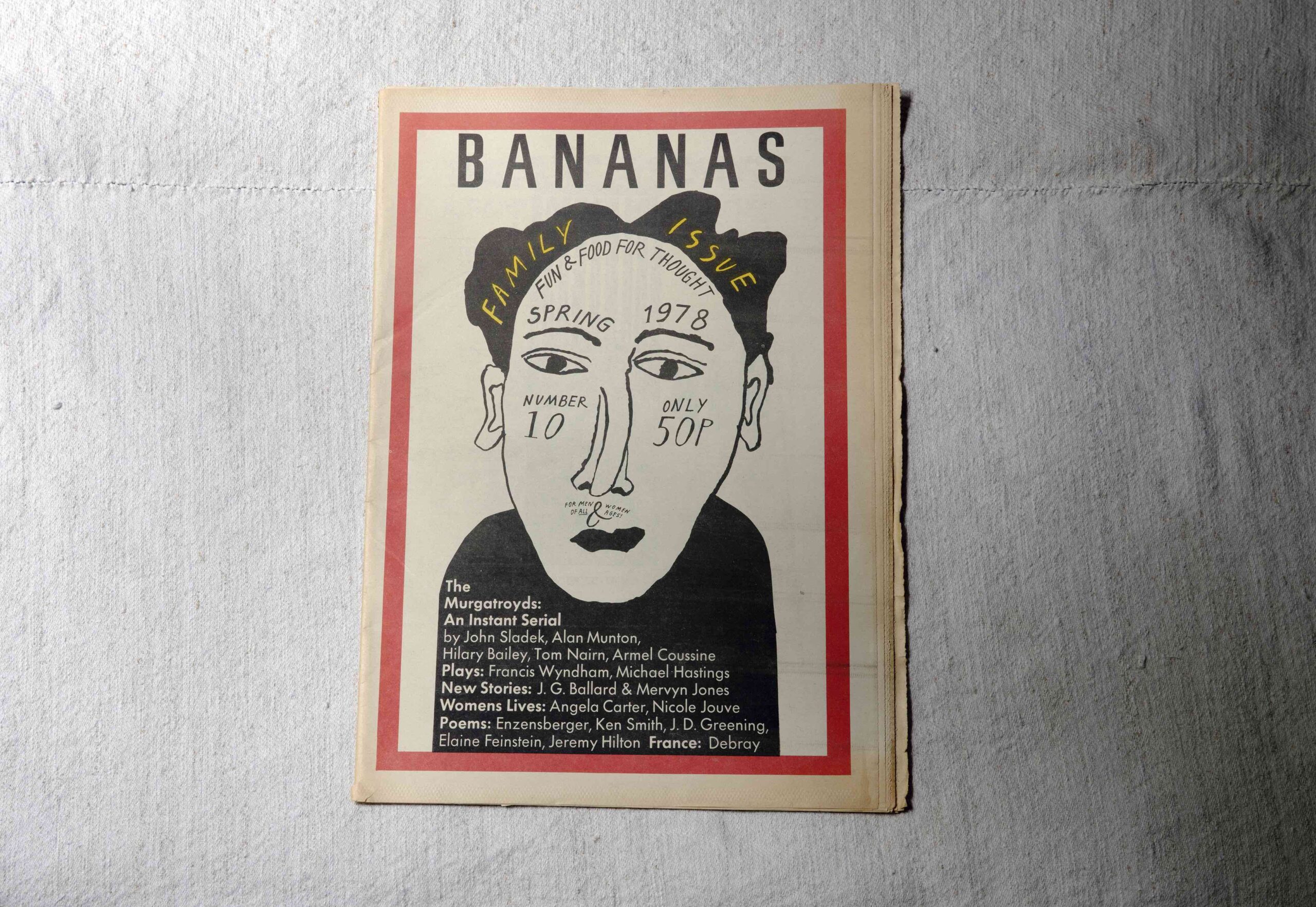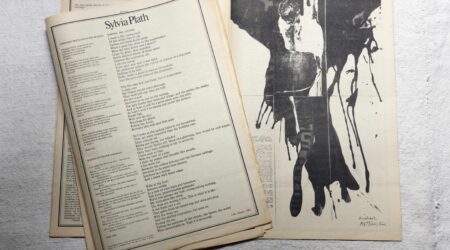Launching a literary journal in 1974, it turns out, was not all that different to launching one in 2020. You needed two conditions: a pool of talented writers and money.
For Emma Tennant, the descendant of Scottish aristocrats, there was no problem fulfilling the first condition. “I’ve just met Jimmy Ballard,” she writes on the first page of The Burnt Diaries, her account of running a small literary magazine while embarking on a torturous affair (is there any other?) with the poet Ted Hughes, then widely seen as complicit in Sylvia Plath’s suicide.
Jimmy is, of course, known to mere plebeians as J.G.Ballard, then fresh from submitting his manuscript for Crash, his seditious novel about car crash sexual fetishism, to his publishers. Tennant, it seems, is always running into people like Jimmy, the way the rest of us might bump into neighbors at Trader Joe’s. It’s reminiscent of the way so many artists talk about New York in the 1970s, that sense that just about anyone who wandered into town would sooner or later cross paths with Andy Warhol. It’s not that cities were smaller then, just that those worlds were more accessible. Contacting a writer was as simple as looking up their number in the phone directory (this was how, even as late as the 1990s, I got hold of Ballard, along with many other writers I admired).
The covers used oversize fonts reminiscent of Soviet graphic design. The color palate was primarily black and red. Random pictures, sometimes involving nudity, had the ribald silliness of Monty Python, then in the midst of transforming British comedy.
London in the mid-1970s was a shabby place, reeling from widespread industrial unrest, the resurgence of violence in Northern Ireland, and a financial collapse that would lead to a three-day week and an IMF bailout. Nevertheless, writes Tennant, there was “something in the air,” teased into being, perhaps, by those same winds of instability and rot. The “something” was a remarkable literary revolt against the old narrative norms, epitomized by writers such as Ballard, Angela Carter, and Ian McEwan, all enthusiastic recruits to Tennant’s project.






